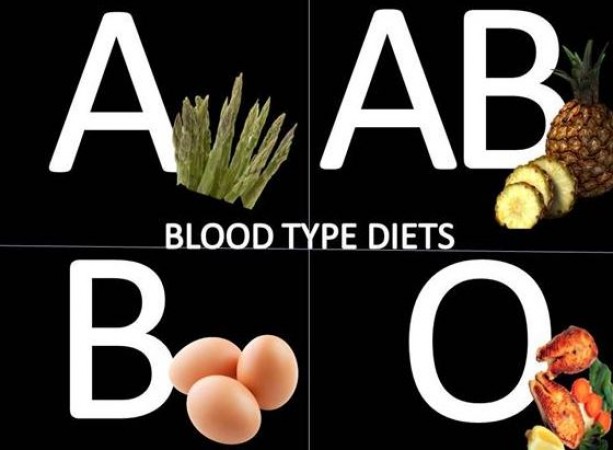
The human body typically exhibits eight different blood types, including A+, A-, B+, B-, O+, O-, AB+, and AB-. These blood types are determined by blood group antigens, with the Rh factor, or antigen, being an essential component. Blood is primarily composed of red blood cells, which play a crucial role in maintaining overall health. Health experts emphasize that the food we consume directly affects our blood type, influencing our well-being.
Understanding Blood Types:
A Positive (A+):
Individuals with blood type A are advised to focus on a vegetarian diet, incorporating vegetables, grains, beans, and fruits into their meals.
AB Positive (AB+):
Those with AB blood type should avoid red meat, as they may have a lower level of hydrochloric acid for digestion. Including green vegetables and millets in their diet is recommended.
B Positive (B+):
Individuals with B blood type have flexibility in their diet but should balance vegetarian and non-vegetarian options in moderate amounts. They can include dairy products, meat, and a variety of fruits and vegetables.
O Positive (O+):
People with O blood type are encouraged to include grains and beans in their diet for optimal health. An emphasis on whole grains and legumes is considered beneficial for this blood group.
Healthy Eating According to Blood Type:
Blood Group A:
Health experts suggest that individuals with blood group A should focus on a vegetarian diet, incorporating vegetables, grains, beans, and fruits into their meals.
Blood Group AB:
Those with AB blood type should avoid red meat and include green vegetables and millets in their diet due to potential lower hydrochloric acid levels.
Blood Group B:
Individuals with B blood type have dietary flexibility but should balance vegetarian and non-vegetarian options in moderate amounts. Dairy products, meat, and a variety of fruits and vegetables are recommended.
Blood Group O:
People with O blood type are encouraged to include grains and beans in their diet for optimal health, emphasizing whole grains and legumes.
Key Considerations:
Portion Control:
Regardless of blood type, maintaining portion control is crucial to a balanced diet. Consuming a variety of nutrient-rich foods in appropriate quantities contributes to overall well-being.
Physical Activity:
Regular exercise complements a healthy diet. Individuals of all blood types should engage in physical activity to promote fitness and enhance overall health.
Hydration:
Staying well-hydrated is essential for everyone, irrespective of blood type. Water intake supports various bodily functions and aids in overall health.
In conclusion, aligning your diet with your blood type can be a personalized approach to promoting optimal health. While these guidelines provide general recommendations, individual variations and preferences should also be considered. Combining a balanced diet with regular exercise and proper hydration is key to maintaining a healthy and active lifestyle, contributing to overall well-being throughout life.
Winter Superfoods: Eat these 5 special things in winter, your body will remain warm